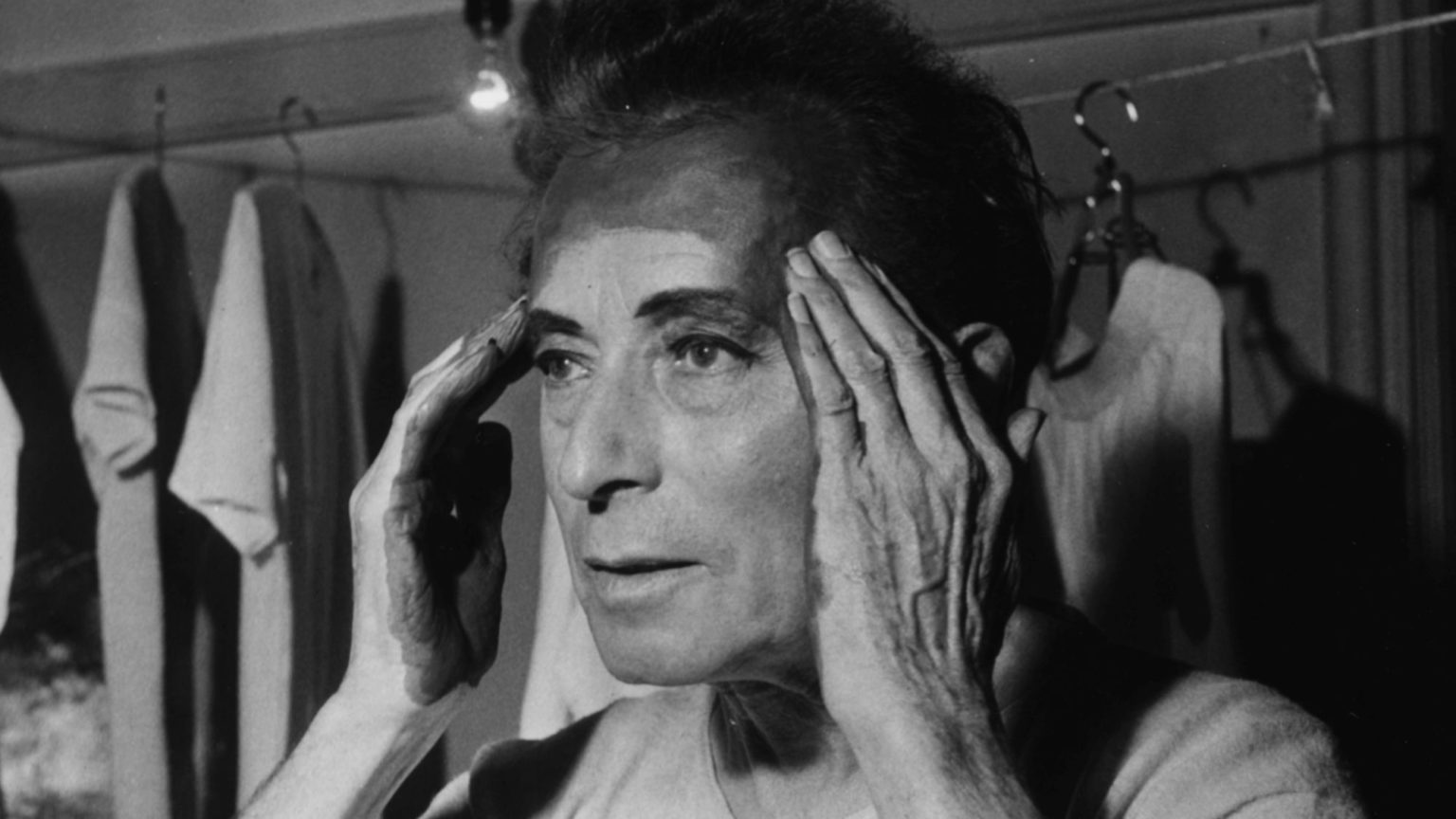Now they’re censoring gravestones
A church in Sussex has covered up the gravestones of two music-hall singers who wore blackface.

A church in Sussex has covered up the gravestones of two music-hall singers because they are inscribed with offensive language. The singers, GH Elliott and Alice Banford, who died in 1962, wore blackface as part of their act.
Rottingdean church covers GH Elliott gravestone https://t.co/IciHWHFDMn pic.twitter.com/AWlRIRc3Yr
— SUSSEX (@DailySUSSEX) June 12, 2020
The church plans to erase the controversial words from the headstones, but has not yet been able to contact the relatives of the deceased and so it has boarded them up in the meantime.
The words in question refer to the acts performed by the singers. Elliott’s headstone notes his ‘Chocolate Coloured Coon’ act, while Banford’s stone says she was a ‘coon singer’.
Hours before the monuments were covered, comedian Harry Enfield caused controversy by referring to Elliott’s music-hall character on BBC Radio 4’s Today programme.
In the music-hall age, blackface performances were common in the UK, and not considered controversial. Today, simply referring to such acts using the terms they did appears to be a faux pas.
The idea that many people are going to be upset by the inscription on a random pair of gravestones in a village churchyard seems absurd. Indeed, by attempting to protect people from this apparently hurtful lettering, the church has unwittingly raised the profile of the gravestones and the people whose lives they mark. It is a classic case of someone manufacturing indignation before anyone actually cared.
The politics of offence knows no bounds. It appears that even traditionally conservative institutions like the church are caving to the pressure to erase history. Marking the existence of the dead can now be an act of hatred if those dead said or did things we would not do now. This is crazy. Erasing history helps no one.
To enquire about republishing spiked’s content, a right to reply or to request a correction, please contact the managing editor, Viv Regan.








Comments
Want to join the conversation?
Only spiked supporters and patrons, who donate regularly to us, can comment on our articles.